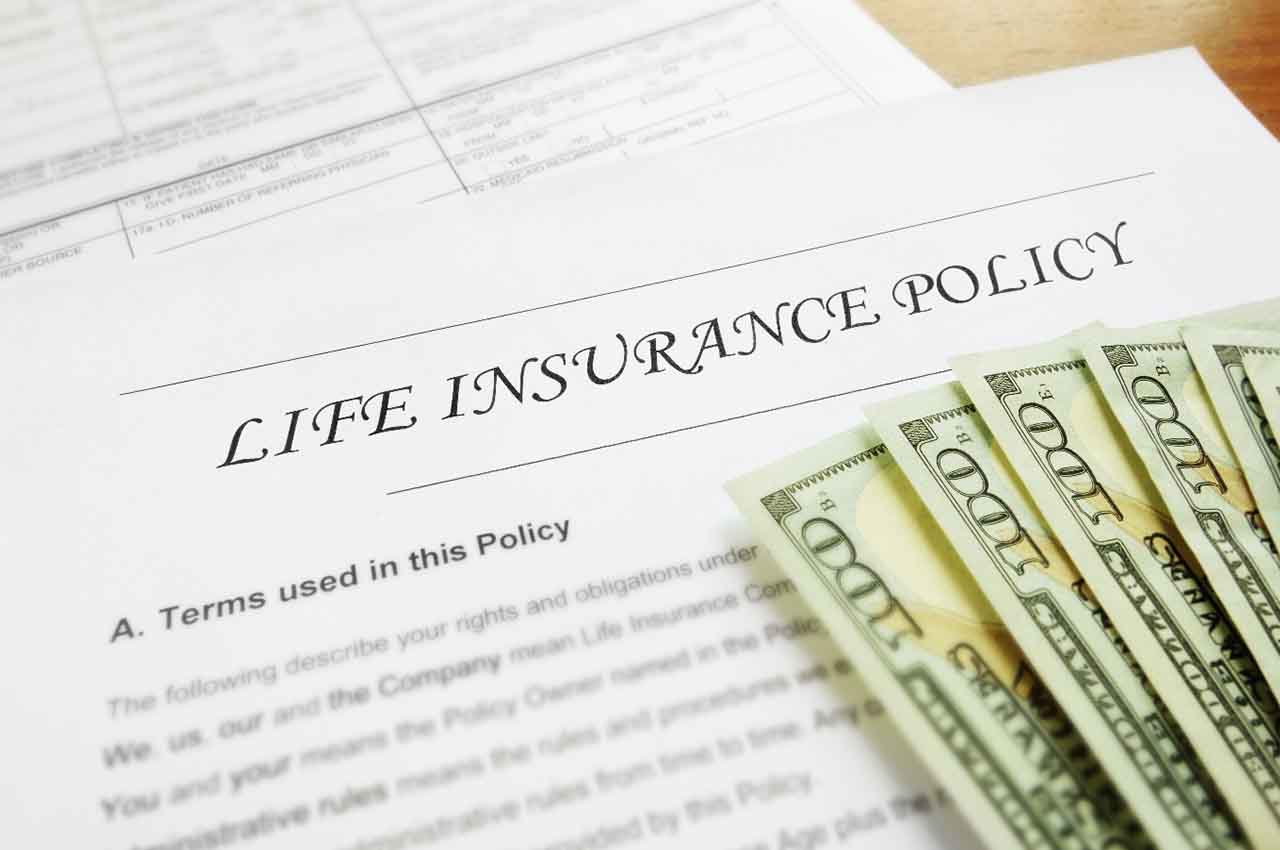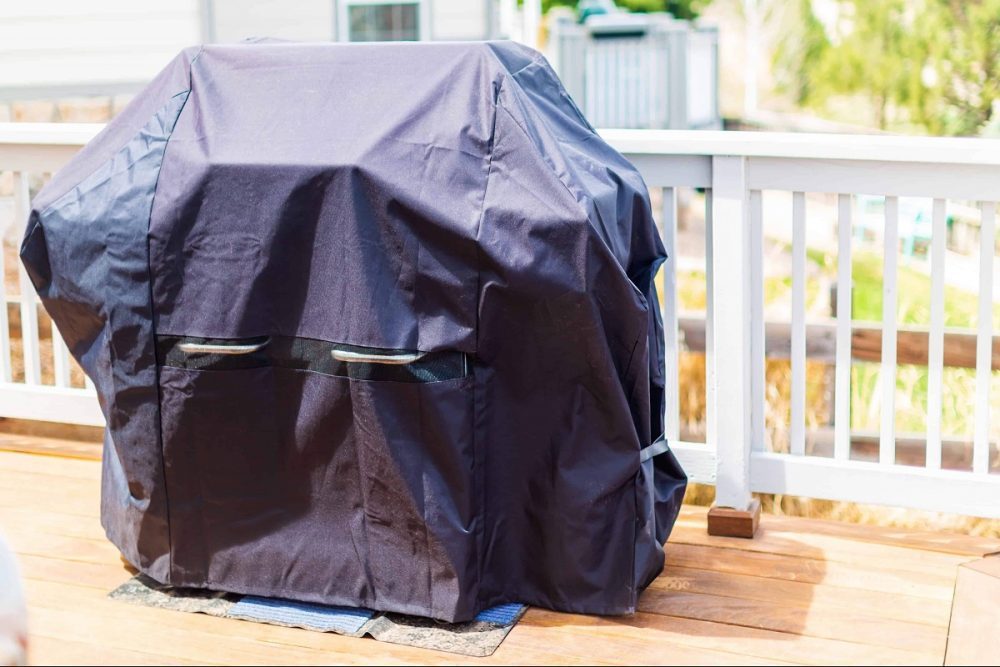It’s always important to think about the future, particularly where finances are concerned. This is where life insurance comes in. Designed to reassure your dependents that they will be looked after financially, in the event of your passing – whether that’s your partner, children, or someone else within your family.
It may not always be the best solution, but if you no longer need it or are in a financial emergency, did you know that you could sell your life insurance policy?
Read on, as we discuss everything you need to know about life settlement.
What is life settlement?
Life settlement is as simple as selling your existing life insurance policy. This is to a third-party for a one-time cash payment. When a person opts for a life settlement, the policy’s purchaser becomes the beneficiary and accepts payment of the premiums – and therefore, receives the benefits when the insurer passes away. There are many different reasons why people choose to sell their life insurance, which we will come on to list later.
How does life settlement work?
To put it simply, according to theinsurancebulletin.com:
“The buyer takes over all future premium payments and receives the death benefit in exchange for an upfront payment. This means that your beneficiaries will no longer receive a pay-out when you die.”
Firstly, you will need to seek out a buyer – this is likely to be an institutional investor, but you could also consider working with a broker, who will have a network of agencies or contacts, while offering advice.
Once you have found a buyer, you’ll enter into a contract, and the potential buyer will diligently look into your policy to ensure there’s nothing untoward – with regards to its value.
For example, some benefits may be reduced or fully terminated if the insurance company believes you have not been truthful, or if relevant information has been excluded in the application.
When the buyer is happy, the purchase is complete and you’ll receive the funds in a one-off cash payment. The buyer will continue to make premium payments on your behalf, and therefore, will receive the death benefit when you pass.
What are the reasons for choosing life settlement?
There are many reasons why people choose to sell their life insurance policies. In most cases, the insured person doesn’t have a known life-threatening illness.
Some of the most common reasons for life settlement, include:
- Needing the money for retirement, as they have not accrued enough
- Being unable to afford the premiums
- No longer needing the policy, for whatever reason
- Emergencies, whether that is illness or death of a family member, or financial crisis
How much can you expect to receive for selling your life insurance?
When selling your life insurance, a number of factors will impact how much you can expect to receive. As a rule of thumb, you can expect to receive between 10% and 35% (or higher) of your policy’s benefit – with the higher percentage more likely to be awarded to an older person with ill-health.
How much you’ll receive could be down to:
- The death benefit of your policy
- Your age
- Your health/life expectancy
- The market rate of return
- Your premiums
Are there any alternatives to selling life insurance?
Of course, there may be some times when you are left with no option but to sell your life insurance policy. However, it’s good to know there are other options out there, which may provide a better return on your money.
Accelerated death benefits
If you are terminally ill or disabled, your policy may provide accelerated death benefits. If this is the case, you will receive a portion of your benefit up front, rather than waiting until after you’re gone.
If you are able to take advantage of your policy’s accelerated death benefits, you could save money on fees and commissions, you’d otherwise be charged on life settlement.
Borrowing
Again, some providers may allow you to borrow a portion of the cash value within your policy. Of course, you would then have to pay interest but generally speaking, the interest rate is low and periodic payments then have to be made. This would be a good option, if you needed the cash, without taking out a life settlement.
It’s worth noting that if you were to pass before repaying the loan, the amount outstanding would be deducted from the amount that your beneficiaries would receive.
Cancel the policy
When you stop making payments, one of the options is to cancel your policy and receive the money you have accumulated. This is called the cash surrender value. It’s best to check with your insurance or tax advisers before canceling, as you may be required to pay a surrender charge – particularly in the early years of your policy. This could consequently affect your tax payments.
Apart from this, you can also read Entertainment, Tech, and Health-related articles here: SmallPDF, Dramacool, Squid Game Season 2, Joe Biden net worth, Crackstream, The Matrix 4, Goku, Kung Fu Panda 4, Leonardo DiCaprio net worth, Diabolik Lovers Season 3, Twitch Error 2000, Alyson Hannigan, Brent Rivera net worth, Emma Watson net worth, 444 angel number, 666 angel number, 1616 angel number, 777 angel number, 333 angel number, Dave Portnoy net worth, Messi net worth, Keanu Reeves net worth, The Equalizer 3, The 100 Season 8, Gina Carano net worth, Bruno Mars net worth, KissAnime, Jim Carrey net worth, PDF Drive, Youtbe, Bailey Sarian Net Worth, Bollyshare, Afdah, Moviezwap, Y8, Jalshamoviez, Project Free TV, Kissasian, Mangago, Jio Rockers, M4uHD, Hip dips, M4ufree, NBAstreams XYZ, CCleaner Browser review, Avocado Calories, Bear Grylls net worth, Highest Paid CEO, The 100 season 8, Sundar Pichai net worth, Grimes net worth, and, F95Zone.











































